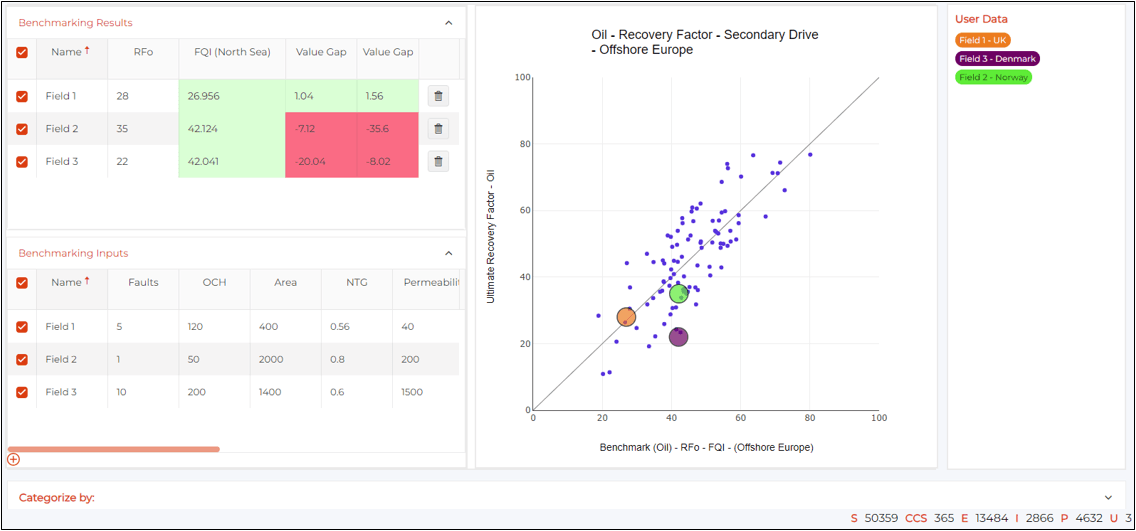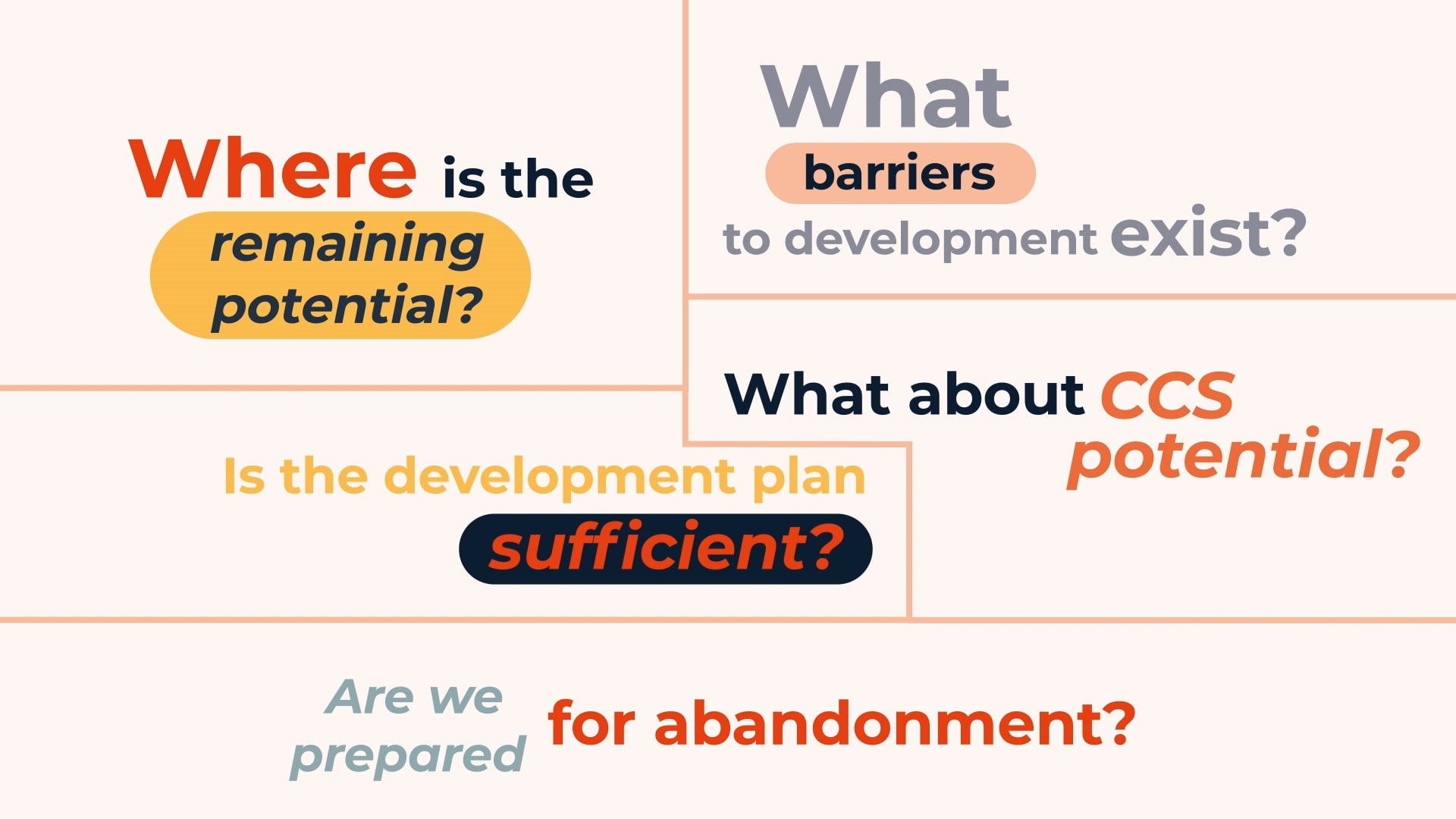In the dynamic landscape of oil and gas development, there is a constant pursuit for better ways to do things. It’s not just about drilling wells and extracting resources anymore, but it is about doing it smarter, more efficiently, and with greater care for the environment. One of the best methods for this is something quite natural: learning from oil and gas analogue data, fields that resemble your own.
Think of it like this: when you are faced with a problem, it helps to talk to someone who has been through something similar. That is the essence of using analogues in the oil and gas industry. These are fields that share similarities with the ones we are working on. For instance, similar geology, reservoir characteristics, or environmental challenges. By comparing the features of known fields with our own, subsurface professionals can better understand what lies beneath. This helps us predict things like how much oil or gas we might find, how easy it will be to extract, and even how the reservoir will behave over time. It is like getting a reference guide for improved performance.
Benefits of Using Global Oil and Gas Analogue Data
But it is not just about what is underground, it is also about how we get it out. Every field is different, and what works in one might not work in another. By studying how similar fields are producing, we can best ways to assess, develop and manage our fields. And that advice can make all the difference in how much oil or gas we recover.
Oil and gas explorers face a 20% chance of success. To improve these odds, enlightened explorers analyse similar global reservoirs before drilling, taking informed decisions about when to drill and when to abstain.
Analogues are not copying what others do; they are about innovation too. The oil and gas industry is always producing modern technologies and techniques to squeeze every drop from the ground. But before we roll them out, we need to make sure they work. That is where analogues come in, they are like our test labs. Understanding the impact and effectiveness of development methods in other fields and reservoirs allows us to make the best decisions for our fields, lowering risk and adding confidence.
Risks in analogue studies
The most concerning instances of oil and gas analogue studies occur after completing thorough models under corporate deadlines, such as impending gate reviews. In these situations, there is a tendency, even subconsciously, to selectively choose analogue data that aligns with existing model results. The alternative, admitting that the model does not accurately reflect global trends and requesting deadline extensions to revisit months of costly modelling work, is often viewed as undesirable. It is not a path to advancement, so the inclination is to place trust in the model and hope for the best. Wouldn’t it have been preferable to understand expected results before delving into the specifics, allowing for greater confidence in the approach?
By leveraging analogue comparisons, we can make informed decisions regarding field development plans, determine the potential for oil recovery in mature fields, and evaluate the viability of innovative approaches. Ultimately, embracing the lessons drawn from analogues enables us to enhance the intelligence, efficiency, and sustainability of our oil and gas operations—a goal that resonates with us all.

Why bMark™ for Global Analogue Studies?
Using bMark™ you can reliably predict the reserves potential of your energy portfolio and gain confidence by making data-derived decisions. You will access reservoir and production analytics, global technical insights, and predictive benchmarking.
When equipped with tailored benchmarks derived from national-scale datasets, bMark™ delivers regulators an impartial appraisal of field potential, facilitating the evaluation of operators’ projections and development strategies.
bMark™ offers operators a potent tool for comparing and assessing their assets against more than 51,000 global industry peers. This software delivers precise and invaluable insights, leading to optimized estimations and stronger forecast models. With unique features enhancing the benchmarking process, bMark™ employs bespoke RF% and Well Count predictive benchmarks, enabling operators to make informed, data-driven decisions grounded in reliable predictive models
bMark™ empowers you to:
- Benchmark field performance.
- Validate modelling predictions.
- Compare development metrics and ratios.
- Screen candidates for Enhanced Oil Recovery.
- Validate volumetric inputs with real-world upstream data.
- Efficiently locate field analogues data.
- Get early, robust calibration on recovery and profile shapes.


